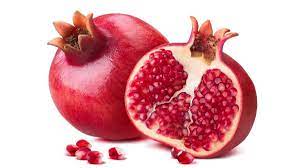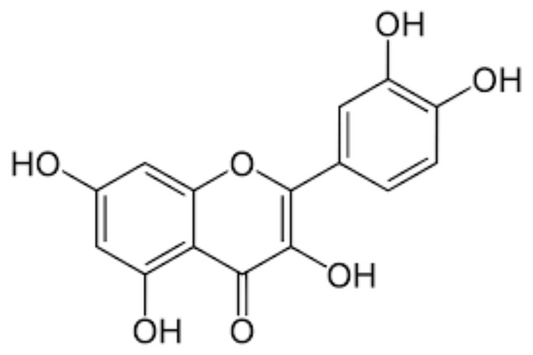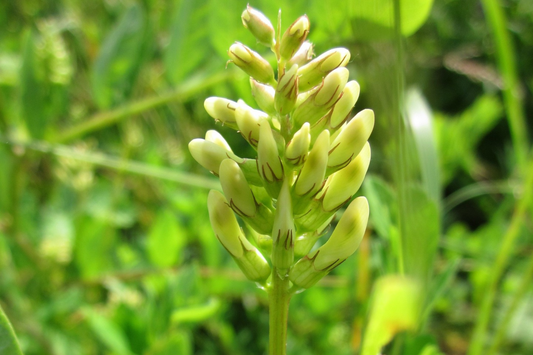Benefit Tips
Astragalus is a traditional medicinal herb commonly used in Chinese medicine. The roots of the Astragalus plant have been used for various health-related applications, particularly for their potential immune-boosting and anti-aging properties.
- Immune System Support: Astragalus is often touted for its immunomodulatory effects. Some studies have shown that Astragalus can increase the production of white blood cells, particularly T-cells, by up to 50%.
- Cardiovascular Benefits: Astragalus may have protective effects on the heart. In animal studies, treatment with Astragalus reduced heart size and improved overall heart function by 20-30% in models of heart failure.
- Anti-Aging Effects: Astragalus contains compounds that may affect telomerase, an enzyme associated with cellular aging. In cell cultures, extracts from Astragalus have led to a 40% increase in telomerase activity.
- Diabetes Management: Astragalus may offer benefits in the context of diabetes. Some animal studies have shown reductions in blood sugar levels by 15-30% with Astragalus supplementation.
- Kidney Health: Astragalus has been used in traditional medicine for kidney diseases. Clinical trials have suggested that it can reduce proteinuria in chronic kidney disease patients by up to 40% in certain cases.
- Antioxidant Properties: The herb has been shown to boost antioxidant activity in the body. In some animal studies, Astragalus supplementation led to a 55% increase in the activity of antioxidant enzymes.
- Liver Protection: Astragalus might have hepatoprotective properties. Animal studies have indicated reduced liver damage markers by 20-50% after toxin exposure when treated with Astragalus.
- Antiviral Properties: Some research suggests that Astragalus might help combat viral infections, like the common cold. Specific statistics vary based on the viral strain and individual conditions.
Astragalus:
Astragalus is an herb that has been used in traditional Chinese medicine for thousands of years. It is known for its ability to help the body resist stress and fight disease. More recently, research has been conducted on the anti-aging effects of astragalus. In this article, we will explore the role of astragalus in anti-aging and how it can benefit your overall health.
One of the key ways that astragalus may help with anti-aging is through its ability to protect telomeres. Telomeres are the protective caps on the end of chromosomes that help to maintain the integrity of the DNA. As we age, our telomeres naturally become shorter, which can lead to cellular aging and ultimately disease. Astragalus has been shown to protect telomeres from degradation, which may help to slow the aging process and improve overall health.
In addition to its role in telomere protection, astragalus also has antioxidant properties. Antioxidants help to protect the body from damage caused by free radicals, which are unstable molecules that can cause cellular damage and contribute to aging. Astragalus contains compounds such as flavonoids and saponins that act as antioxidants, helping to protect the body from oxidative stress.
Astragalus also has antibacterial and anti-inflammatory properties. Inflammation is a natural response to injury or infection, but chronic inflammation can contribute to a variety of health problems, including cardiovascular disease, diabetes, and cancer. Astragalus has been shown to reduce inflammation in the body, which may help to reduce the risk of these diseases.
Another way that astragalus may benefit anti-aging is through its ability to boost the immune system. As we age, our immune system naturally becomes weaker, making us more susceptible to infections and diseases. Astragalus has been shown to improve immune function, helping to fight off infections and potentially reducing the risk of disease.
Some studies have also indicated that astragalus may have anti-cancer properties. The herb has been shown to induce apoptosis, or programmed cell death, in cancer cells, and to inhibit the growth of tumors. While more research is needed in this area, these findings suggest that astragalus may be a promising natural treatment for cancer.
So, how can you incorporate astragalus into your daily routine? Astragalus is available in a variety of forms, including capsules, tinctures, and teas.
Overall, astragalus shows promise as a natural anti-aging supplement. Its ability to protect telomeres, fight inflammation, and boost the immune system may help to slow the aging process and improve overall health. While more research is needed in this area, astragalus is a safe and natural way to support your overall well-being.




